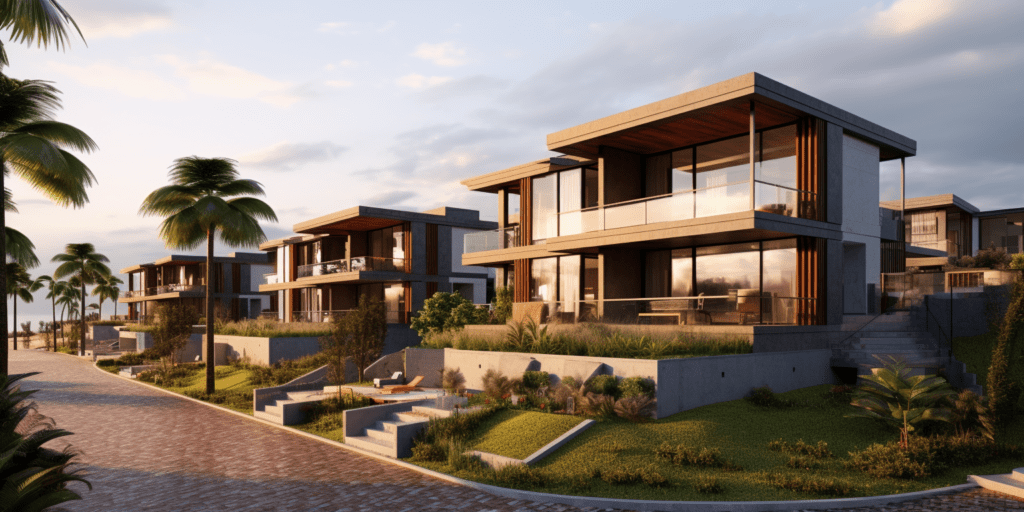Rwanda, often referred to as the “Land of a Thousand Hills,” is a nation known for its breathtaking landscapes, remarkable recovery from historical challenges, and a burgeoning real estate sector. In this comprehensive guide, we will embark on a journey to explore the Rwandan property market in depth, focusing on key cities such as Kigali, Gisenyi, and Butare.
Kigali: The Capital of Opportunities
Kigali, the capital and largest city of Rwanda, serves as the nation’s economic and political center. Its real estate sector reflects the country’s growth and stability.
- Residential Properties: Kigali offers a range of residential properties, from modern apartments in the city center to suburban homes with spacious gardens. The city’s real estate market is diverse, catering to various preferences and lifestyles.
- Commercial Spaces: The demand for commercial real estate is on the rise, driven by a growing business sector and foreign investments. Prime locations in Kigali are becoming hubs for businesses seeking a strategic presence in East Africa.
- Smart Developments: Kigali’s urban planning emphasizes sustainability, leading to the emergence of smart and eco-friendly property developments. These projects not only contribute to the city’s modernity but also align with Rwanda’s commitment to environmental responsibility.
Gisenyi: A Lakeside Gem
Gisenyi, situated on the shores of Lake Kivu in western Rwanda, is known for its serene beauty and economic potential.
- Lakefront Properties: Gisenyi’s waterfront properties have garnered significant interest from investors looking to capitalize on the city’s natural beauty. Owning a piece of lakefront real estate in Gisenyi provides residents with stunning views and recreational opportunities.
- Tourism Investments: The city’s proximity to Lake Kivu and the Virunga Mountains presents abundant opportunities in the tourism and hospitality sector. Investors can consider building resorts, lodges, or vacation rentals to cater to tourists exploring the region’s attractions.


Butare: The Cultural Hub
Butare, located in the southern part of Rwanda, is a city renowned for its cultural heritage and educational institutions.
- Student Housing: With several universities and educational facilities, Butare offers potential investments in student housing. The steady influx of students creates a demand for affordable and comfortable accommodations.
- Cultural Tourism: Properties catering to cultural tourism, such as guesthouses and heritage accommodations, can thrive in Butare. Tourists visiting the city often seek immersive experiences that connect them with Rwanda’s rich history and culture.
Investing in Rwanda: Key Considerations
Before venturing into Rwanda’s property market, consider the following factors:
- Legal Framework: Familiarize yourself with Rwanda’s property laws and regulations, particularly if you are a foreign investor. Seek legal counsel to ensure compliance and a smooth investment process.
- Local Insights: Collaborate with local experts to gain insights into the Rwandan property market and its regional nuances. Local knowledge is invaluable for making informed investment decisions.
- Sustainability: Given Rwanda’s focus on sustainability and green initiatives, eco-friendly property developments are highly regarded. Investing in environmentally responsible projects aligns with Rwanda’s commitment to a greener future.
Conclusion
Rwanda’s property market offers diverse opportunities, from the bustling capital city of Kigali to the tranquil shores of Lake Kivu in Gisenyi and the cultural heritage of Butare. Whether you are interested in residential, commercial, or tourism-related investments, Rwanda’s real estate sector is poised for remarkable growth.
Unlock the potential of the Rwandan property market and be part of a nation’s remarkable journey toward prosperity.
Invest with insight.



